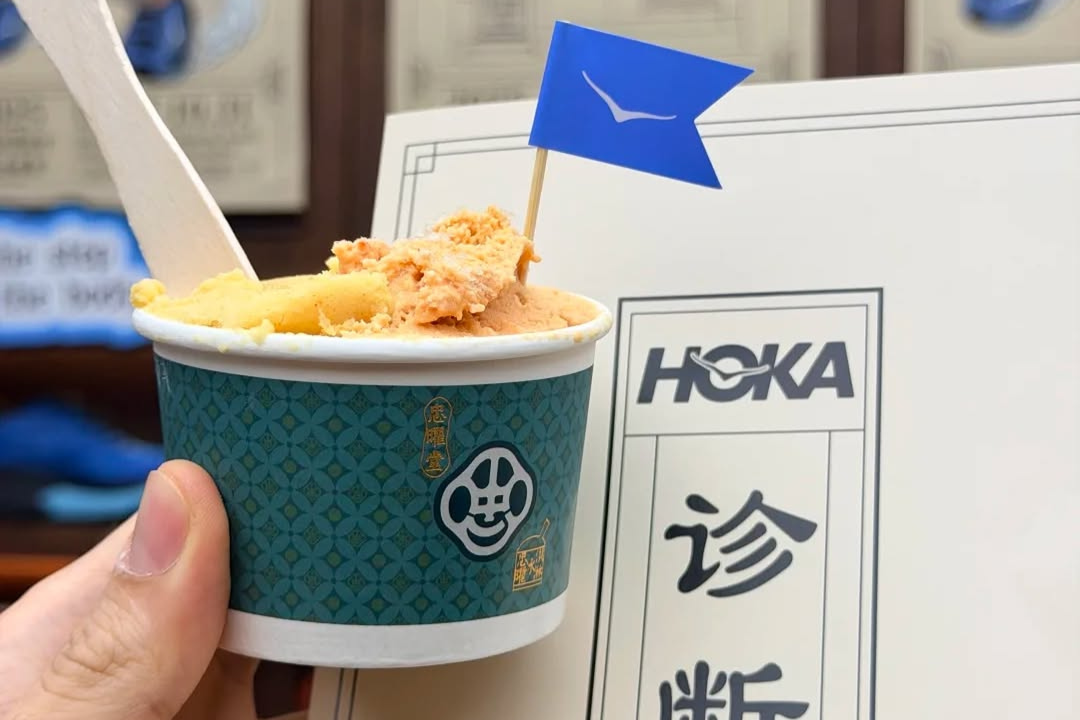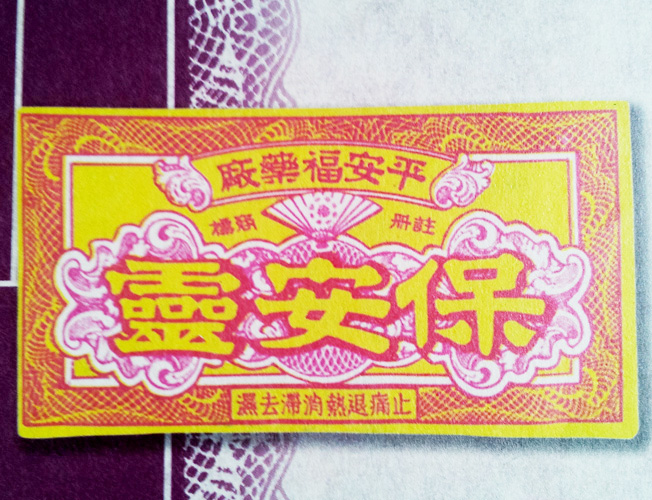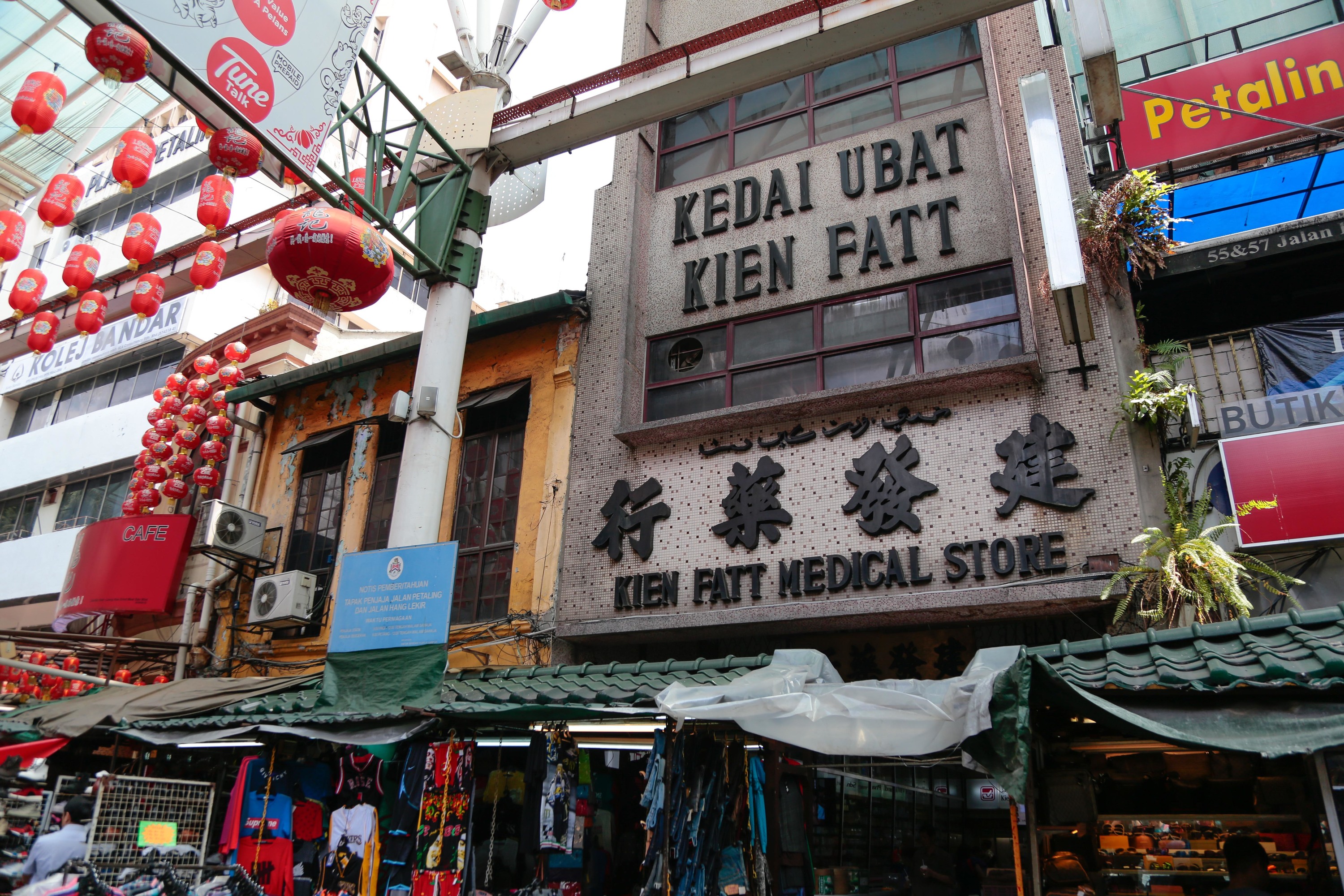Traditional Chinese Medicine (TCM) is kind of a loaded concept. In the US, we tend to paint it as ground up tiger fangs, rice wine marinated with animal organs, and more. At best, the international crowd sees TCM as an old-school thing that your Chinese friend’s grandma does.
But in China proper, TCM is far less stigmatized. It’s not an alternative medical practice — rather, it’s just a medical practice. All sorts of people use it in different ways and for different reasons. Noting that, we took to the streets to ask people about how they use TCM in their daily lives.
Benny, 22

“In winter I drink banlangen (板蓝根), and in summer I often drink huo xiang zheng qi shui (藿香正气水). They’re both Chinese patent medicines that you can get in every pharmacy, and they’ve got legit pharmacodynamic properties.
“Banlangen is widely used to prevent cold and flu, and its purpose in traditional Chinese medical terms would be to 去寒 (kick off the freeze). Huo xiang zheng qi shui does the opposite which is 解暑 (reduce blaze). In western pharmacology this medicine is basically to prevent sunstroke, psoriasis, etc. I believe it’s got wrinkled hyssop, mint leaves and some other stuff in it that can cool you down during the summer.
“Many people don’t trust Chinese medicine because they perceive it to be unscientific, but there’s been a lot of medical research about TCM’s medical validity. It’s just manifested in a very organic and simple practice. I guess that’s why many foreigners don’t really understand it.”
Cat, 34

“We use a lot of Chinese medicine in my family, because we feel it’s quite soft, and also we trust its long history. For us, western medicine can help you recover fast, but it can’t always solve the base problem. Chinese medicine can take a long time, but it can solve the base problem.
“For instance, I had some allergies in my throat. I took Western medicine for three months. When I took the medicine I was fine, but if something irritated my throat I’d need to take it again. I went to a Chinese medicine doctor and she gave me a prescription for an herb. I brought the herb back home and cooked it myself. I drank it for half a year, and after that I was totally allergy free. So that’s my own experience — if you want to recover something on a base level, you should try Chinese medicine, even if it might take longer.
“One other thing that’s very popular right now with all the new mothers is children’s massage. There are a lot of classes and WeChat broadcasts, and we even bought some books on it ourselves. It can be really helpful for children under the age of two. If they have a fever, once you give them a massage, most likely within half an hour it will go down. It might not be as effective once they get a little older, but while they’re very young, it seems their acupressure meridians are very sensitive.
“If you gently massage the right place, they can recover quite quickly from common problems like colds, stomach issues, or fevers. It’s very easy to do, and quite popular right now, so some people who are knowledgeable in it even quit their jobs and started doing this full time. Children are really important in the family, so every mother wants to learn it these days.”
Sam, 28
“I spend a lot of time breakdancing, so I have fire cupping done every six weeks or so. Over time, wetness can build up in your body and your muscles, so I use this to help pull them out. The best way is to get a thirty minute massage, then get the fire cupping. It’ll open up your pores, so don’t walk in the rain or take a shower for six hours afterwards. It’s not something you can do all the time, but a few days later, my muscles feel refreshed.
“There’s a similar practice, gua sha, that’s better for immediate relief. If you have a cold or flu, it removes more immediate wetness, but fire cupping can pull out deeper, residual wetness. Western medicine is good too, and works very quickly. But you shouldn’t use it all the time, or you might harm your body.”
Kenzy, 26

“I don’t really take any herbs or anything, but I abide by some basic TCM practices. For instance, not going to sleep with wet hair. We believe that the body is balanced between yin and yang, and wet hair can cause moisture to seep into your pores overnight, breaking the body’s balance of yin and yang.
“Most Chinese people don’t like to step on the ground without shoes like you guys — in Chinese medical science, the feet are as important as your head, so we always take care of them both. If your body doesn’t feel good, you can run hot water on your feet, or massage them. They have a lot of important acupoints that regulate the body.
“Also, you keep coughing while we talk. You should drink some raw pear juice!”
So from herbs to fire cupping to children’s massage and everything in between, people in China are using TCM to stay healthy. And it’s not always about taking medicine — sometimes it’s just the way you live your life.
A lot of people on the outside don’t understand Chinese medicine. But as the old saying goes, there’s more than one way up a mountain. Next time you find yourself reaching for meds, or wondering why your chronic pain hasn’t disappeared, consider looking at the problem from a different angle.


















